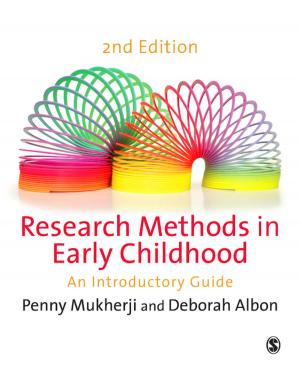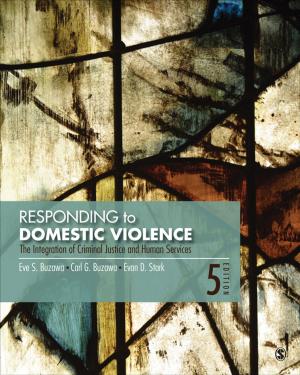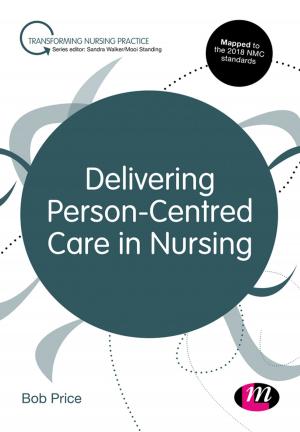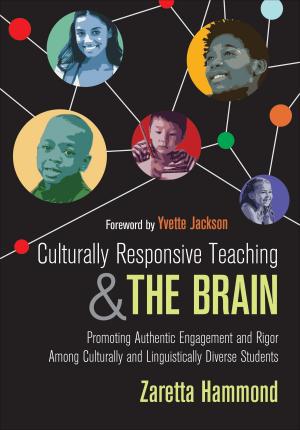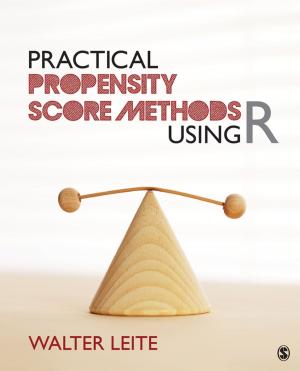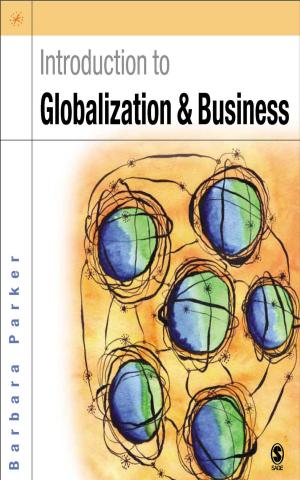Realist Evaluation in Practice
Health and Social Work
Nonfiction, Social & Cultural Studies, Social Science, Social Work| Author: | Mansoor A F Kazi | ISBN: | 9781446230671 |
| Publisher: | SAGE Publications | Publication: | June 13, 2003 |
| Imprint: | SAGE Publications Ltd | Language: | English |
| Author: | Mansoor A F Kazi |
| ISBN: | 9781446230671 |
| Publisher: | SAGE Publications |
| Publication: | June 13, 2003 |
| Imprint: | SAGE Publications Ltd |
| Language: | English |
'The strengths of this book are the first two chapters outlining the issues around realist evaluation and the final chapter, as well as the use throughout the book of real-life examples… in conclusion this is a timely introductory text on the methods and methodology of realist evaluation' - Critical Public Health
Realist evaluation is an exciting new way to investigate what works, for whom and in what contexts and here for the first time, Mansoor A F Kazi shows how it applies to today's practice in social work, health and other human services.
To show how realist evaluation has the potential to change practice, the author provides in-depth examples of evaluation in adult rehabilitation, drug-using communities, users of family centres and an NSPCC project that provides services for children who sexually harm other children. Within these instances, realist evaluation procedures were integrated into the practice and decisions regarding the content and the targeting of services were developed effectively.
Written in an engaging style, this book will be of value to social workers and all those engaged in service delivery or research across the spectrum of health and social care.
'The strengths of this book are the first two chapters outlining the issues around realist evaluation and the final chapter, as well as the use throughout the book of real-life examples… in conclusion this is a timely introductory text on the methods and methodology of realist evaluation' - Critical Public Health
Realist evaluation is an exciting new way to investigate what works, for whom and in what contexts and here for the first time, Mansoor A F Kazi shows how it applies to today's practice in social work, health and other human services.
To show how realist evaluation has the potential to change practice, the author provides in-depth examples of evaluation in adult rehabilitation, drug-using communities, users of family centres and an NSPCC project that provides services for children who sexually harm other children. Within these instances, realist evaluation procedures were integrated into the practice and decisions regarding the content and the targeting of services were developed effectively.
Written in an engaging style, this book will be of value to social workers and all those engaged in service delivery or research across the spectrum of health and social care.



